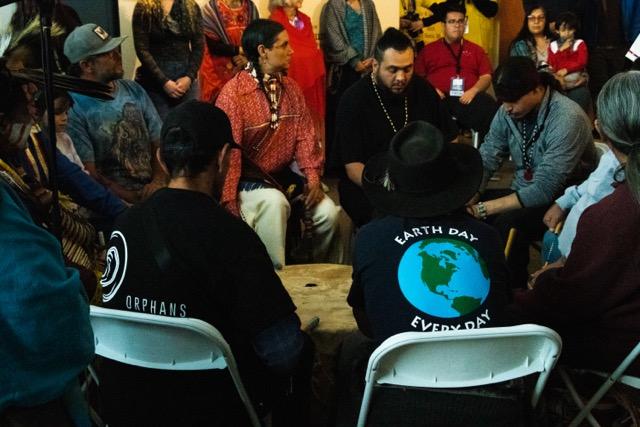
An incarcerated Colorado State University-Pueblo student won an honorable mention in a prestigious essay contest.
Robert Chan, who is serving a life sentence in a California prison for killing a young man more than two decades ago, received the honorable mention and a $500 award from the Elie Wiesel Foundation for Humanity for his submission, “From Shackles to Square Hats: Higher Education and Lifer Prisoners.”
Chan wrote the essay for a sociology class and is currently attending CSU-Pueblo through the Extended Studies program.
The Prize in Ethics Essay Contest, sponsored by the Elie Wiesel Foundation for Humanity in New York, is an annual competition that challenges college students in the United States to submit essays on the urgent and complex ethical issues that confront us in the modern world. The first prize of $5,000 was awarded to Alexandra Stewart from the University of New Mexico for her essay, “Ethics of Transcendence.”
Chan’s 14-page essay centers on the the ethical issues involved with allowing “lifers” – prisoners serving a life sentence – to pursue a college degree at the taxpayer’s expense.
Throughout the essay, Chan questions why he should be allowed to pursue an education at all, let alone with public assistance, since he stole all such privileges from the man he killed 21 years ago.
The cost of tuition is the same for all college students who are enrolled in independent study courses, whether they are incarcerated or not. In certain cases, institutions offer fee waiver programs, scholarships and grants to less fortunate students. Prisoners are required to complete at least a G.E.D. while in prison, giving them the ability to earn a small income from chores performed behind bars.
CSU-Pueblo’s Office of Extended Studies currently serves 50 incarcerated students, some of whom are pursuing degrees. Colorado is one of only a handful of states that provide college resources through extended study programs to incarcerated students.
According to a recent CSU-Pueblo news release, “CSU-Pueblo also was approached by the Department of Corrections in Colorado to partner in applying for a Federal Pell Grant Experiment, which would provide a waiver to schools selected for the experiment to allow them to issue Pell grants to otherwise qualified incarcerated student under specific conditions.”
Chan, who originally discounted the notion of furthering his education behind bars, changed his mind when he received an invitation to participate in a pilot program that allowed prisoners to pursue an associate’s degree, with the aim of providing knowledge and skills they can utilize beyond prison walls.
Chan decided to pursue a bachelor’s degree after completing his associate’s degree, but struggled to secure funding. After applying 11 times to various institutions, he secured a scholarship from the Davis-Putter Scholarship Foundation this past year.
Associate Professor of sociology/anthropology Chris Messer was impressed by how well Chan articulated the ethics associated with providing educational resources to prisoners who are unlikely to benefit from it in the immediate future.
“Robert was enrolled in a course with me last year, and I could immediately tell he was a gifted student who had a knack for writing,” Messer said in the news release. “Just as he did in the class I instructed, Robert asks critical questions and offers a compelling analysis. I’m more than grateful for the opportunity to have served as his faculty sponsor for this prestigious program.”
In the essay, Chan expressed his gratitude for some of the less obvious benefits he gained from the opportunity to further his education.
“College made us stakeholders in our own lives again. This meant being responsible for ourselves, for each other, for our families and friends outside, for those injured by our crimes, for the local community, and for society at large,” he wrote.
Chan is set to graduate with a bachelor’s degree in sociology from CSU-Pueblo in 2016.









